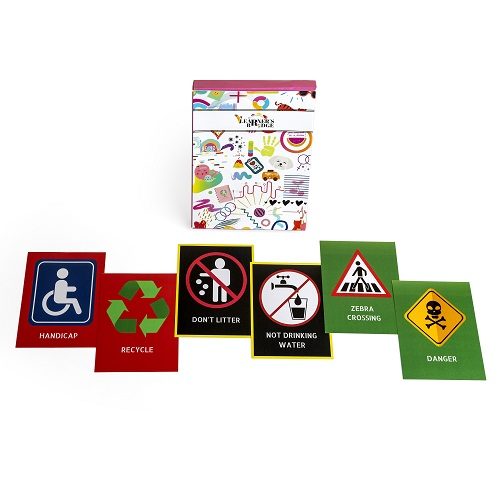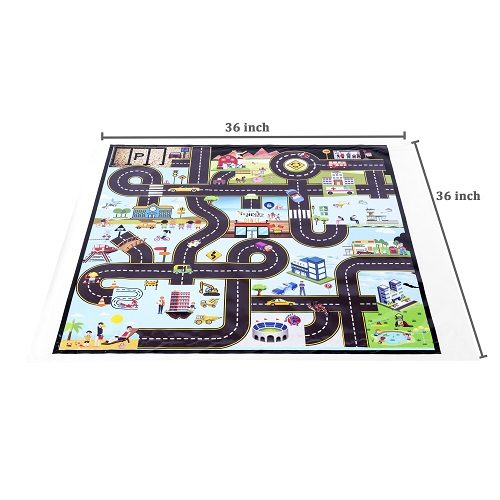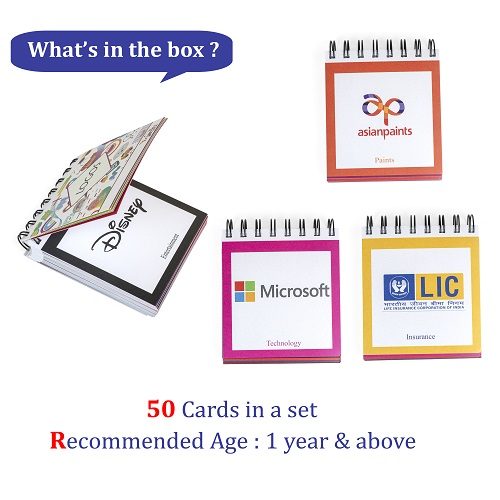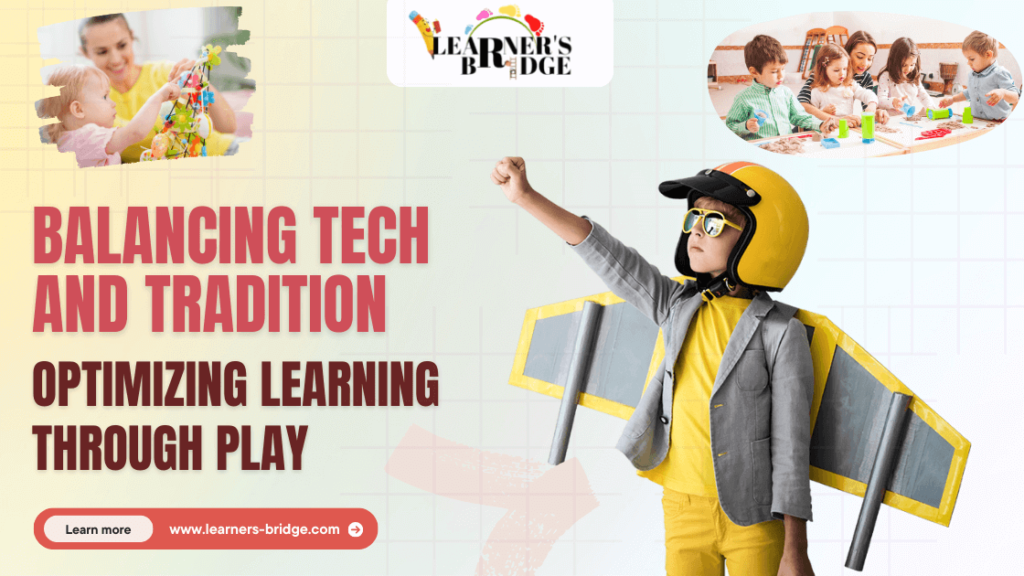Introduction
Selecting the right educational toy for your child can significantly impact their development, making playtime both enjoyable and beneficial. However, with the vast array of toys available, choosing the most appropriate one can be challenging. This guide will help you understand the key factors to consider when selecting educational toys for different age groups, ensuring your child gets the most out of their playtime.
Why Age-Appropriate Toys Matter
Cognitive Development
Children’s cognitive abilities develop at different stages, and age-appropriate toys can help stimulate their brains in ways that align with their developmental milestones. Toys that are too advanced can frustrate them, while those that are too simple may not provide enough stimulation.
Safety
Age-appropriate toys are designed with safety in mind, considering the potential risks for different age groups. This includes avoiding small parts that can be a choking hazard for younger children and ensuring sturdiness for more active play in older kids.
Engagement and Interest
Toys suited to a child’s age and developmental stage are more likely to keep them engaged and interested. This engagement is crucial for learning, as it encourages children to explore, experiment, and develop new skills.
Key Considerations When Choosing Educational Toys
Developmental Milestones
Understanding the typical developmental milestones for your child’s age group can guide you in selecting toys that support their growth. These milestones include physical, cognitive, emotional, and social development.
Safety Standards
Ensure the toys meet safety standards for your child’s age. Look for non-toxic materials, sturdy construction, and avoid toys with small parts for younger children.
Educational Value
Choose toys that offer educational benefits, such as promoting problem-solving skills, creativity, motor skills, and social interaction. Multifunctional toys that can be used in various ways are often more valuable.
Child’s Interests
Consider your child’s interests and preferences. Toys that align with their interests will be more engaging and enjoyable, encouraging them to spend more time playing and learning.
Age-Specific Toy Recommendations
Birth to 12 Months
Developmental Focus
In the first year, infants develop sensory awareness, motor skills, and early cognitive abilities. Toys that stimulate the senses and encourage exploration are ideal.
Recommended Toys
- Soft Toys and Teethers: Safe for mouthing and help soothe teething pain.
- Rattles and Musical Toys: Stimulate auditory senses and help develop hand-eye coordination.
- Activity Gyms: Encourage reaching, grabbing, and kicking, promoting motor skill development.
- Black and White Toys: High-contrast toys are easier for newborns to see and can stimulate visual development.
1 to 2 Years
Developmental Focus
Toddlers start to develop more advanced motor skills, language, and problem-solving abilities. They also begin to engage in more interactive play.
Recommended Toys – Buy Now
- Shape Sorters and Stacking Toys: Improve fine motor skills and introduce basic concepts of shapes and colors.
- Push and Pull Toys: Encourage walking and coordination.
- Interactive Books: Enhance language skills and stimulate cognitive development.
- Simple Puzzles: Foster problem-solving abilities and hand-eye coordination.
2 to 3 Years
Developmental Focus
Children in this age group develop more complex cognitive and social skills. They begin to engage in imaginative play and have improved motor skills.
Recommended Toys – Buy Now
- Building Blocks and Duplo Sets: Encourage creativity and fine motor skills.
- Pretend Play Sets (e.g., Play Kitchens, Doctor Kits): Promote imaginative play and social interaction.
- Art Supplies (e.g., Crayons, Finger Paints): Foster creativity and fine motor control.
- Simple Board Games: Introduce basic rules and turn-taking, enhancing social skills and cognitive development.
3 to 5 Years
Developmental Focus
Preschoolers develop more sophisticated cognitive, social, and emotional skills. They start to understand numbers, letters, and basic concepts of science and math.
Recommended Toys – Buy Now
- Educational Games and Puzzles: Challenge problem-solving skills and introduce basic academic concepts.
- STEM Toys (e.g., Basic Science Kits, Construction Sets): Foster interest in science, technology, engineering, and math.
- Books and Storytelling Kits: Enhance language skills and imagination.
- Outdoor Play Equipment (e.g., Tricycles, Balance Bikes): Promote physical activity and coordination.
5 to 7 Years
Developmental Focus
School-aged children continue to develop cognitive and social skills, with a focus on more structured learning and teamwork.
Recommended Toys – Buy Now
- Advanced Building Sets (e.g., LEGO, K’NEX): Encourage complex problem-solving and creativity.
- Board Games and Card Games: Enhance strategic thinking, cooperation, and social skills.
- Educational Electronics (e.g., Learning Tablets, Interactive Globes): Provide interactive learning experiences in various subjects.
- Sports Equipment: Promote physical health and teamwork skills.
7 Years and Up
Developmental Focus
Older children develop more advanced cognitive skills, critical thinking, and specialized interests. They benefit from toys that challenge their intellect and creativity.
Recommended Toys
- Complex Construction Kits (e.g., Robotics, Advanced LEGO Sets): Foster advanced problem-solving and engineering skills.
- STEM and Science Kits: Encourage exploration and experimentation in science and technology.
- Board Games and Strategy Games: Develop critical thinking, strategy, and social interaction.
- Creative Kits (e.g., Craft Kits, Musical Instruments): Promote artistic skills and personal expression.
Tips for Maximizing the Benefits of Educational Toys
Engage in Play with Your Child
Playing with your child not only strengthens your bond but also enhances the learning experience. You can guide them, ask questions, and introduce new ways to use the toys.
Rotate Toys
Rotating toys every few weeks can keep your child interested and provide new challenges. This practice also helps reduce clutter and ensures all toys are used.
Create a Learning-Friendly Environment
Set up a dedicated play area that is safe, organized, and conducive to learning. Having a specific space for play helps children understand boundaries and the importance of tidiness.
Observe and Adapt
Observe how your child interacts with their toys and adapt your selections based on their changing interests and developmental needs. This ongoing assessment ensures that the toys remain relevant and beneficial.
Conclusion
Choosing the right educational toy for your child’s age is essential for their development and learning. By considering developmental milestones, safety, educational value, and your child’s interests, you can select toys that provide the perfect balance of fun and learning. At Learners Bridge, we offer a wide range of educational toys designed to support your child’s growth at every stage. Explore our collection today and find the ideal toys to inspire and educate your little one.
Call to Action
Ready to choose the perfect educational toy for your child? Visit Learners Bridge and discover our curated selection of age-appropriate toys that foster learning and development. Sign up for our newsletter to receive exclusive offers and tips on selecting the best educational toys for your child’s needs. Let’s bridge the gap between play and education together!












